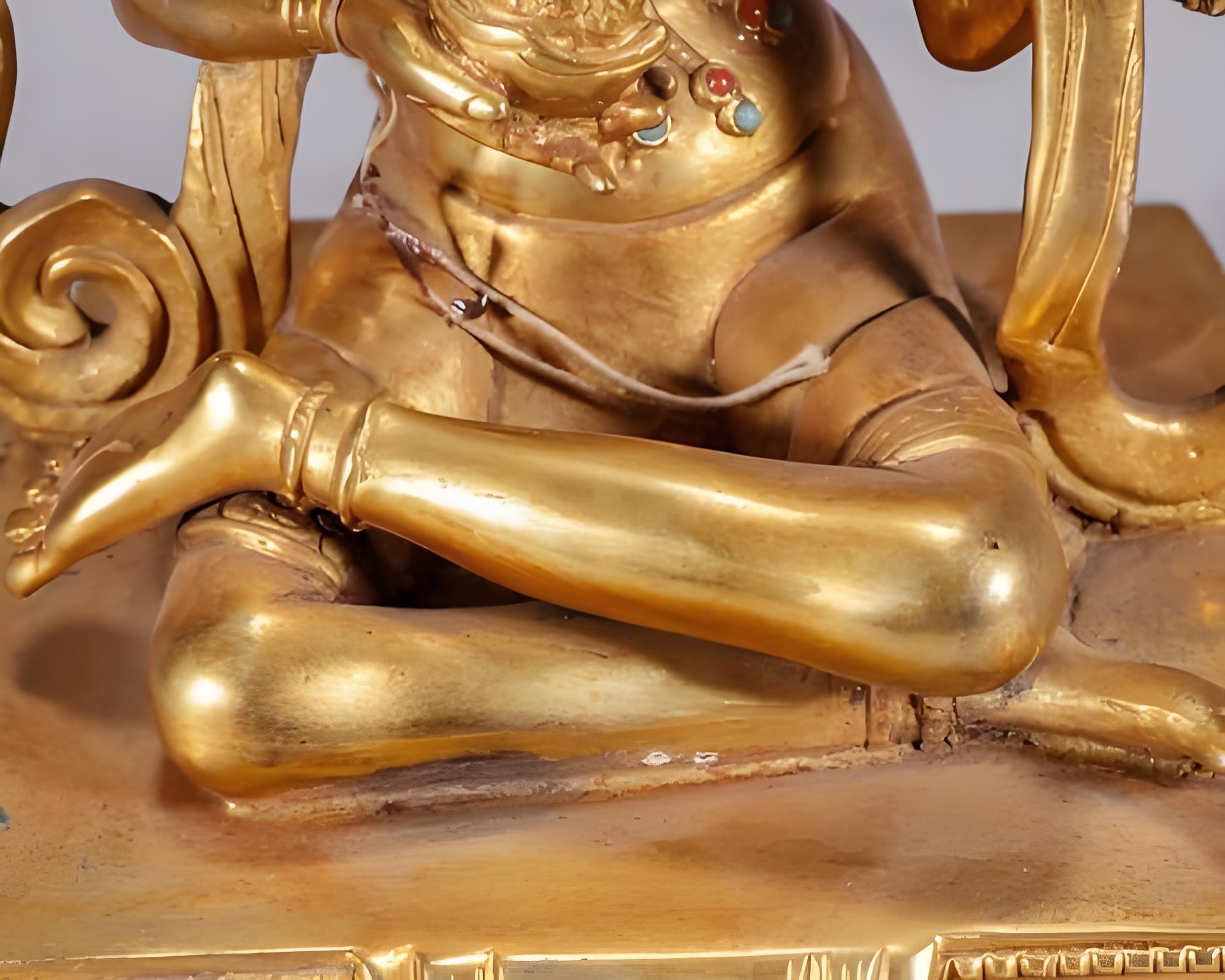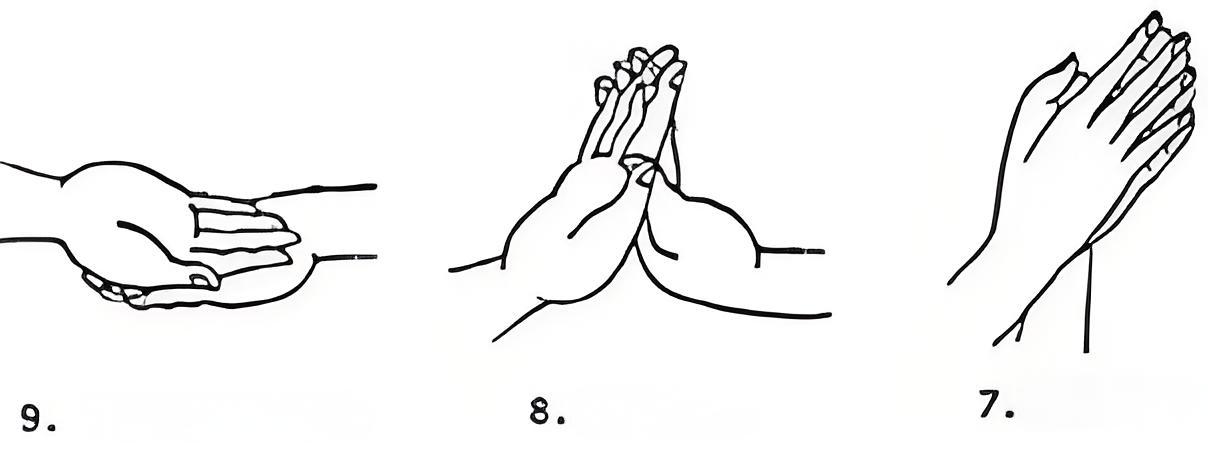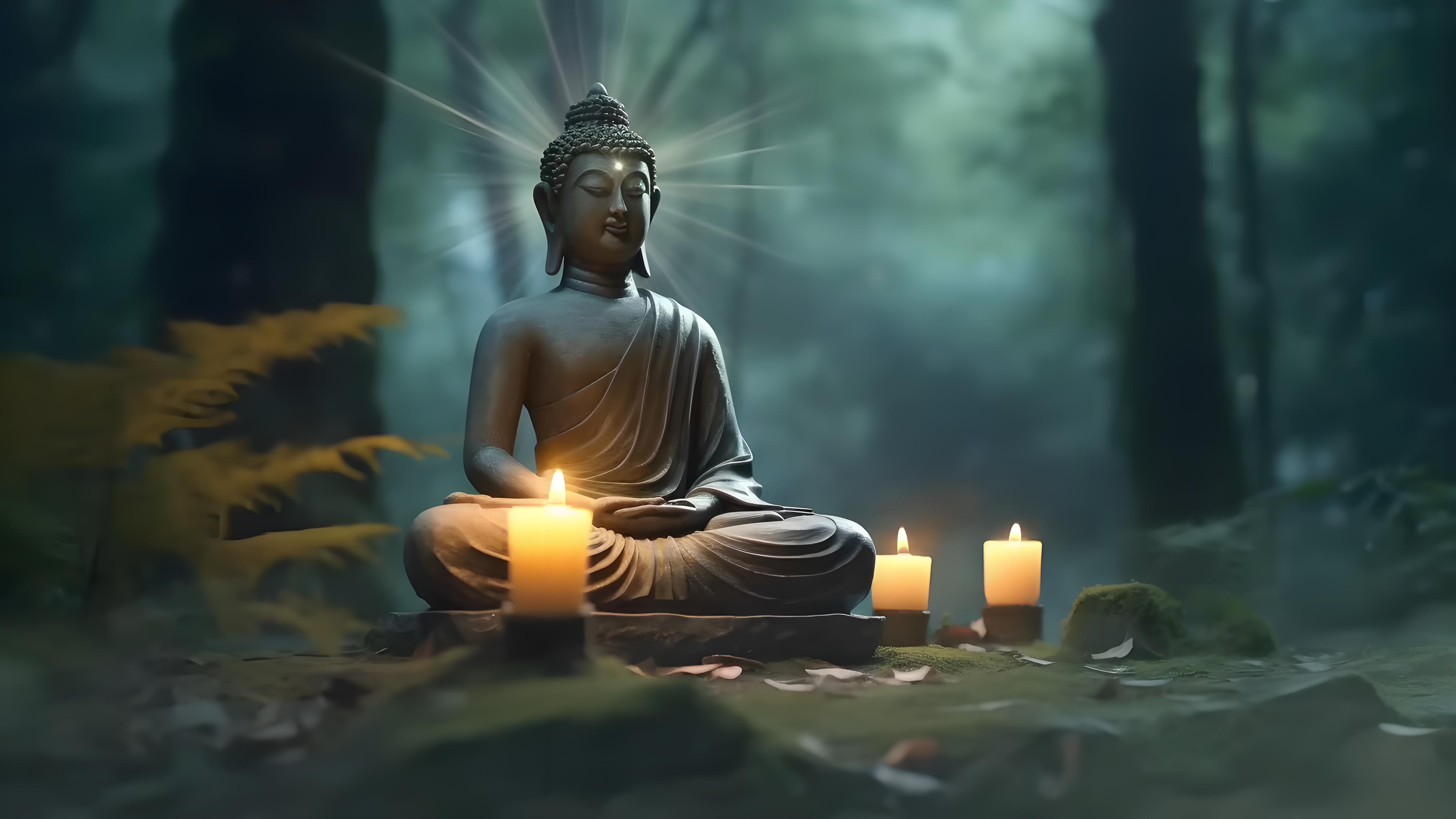type
status
date
slug
summary
tags
category
icon
password
AI summary

Where does inspiration come from? Inspiration is a spiritual resonance, not a mental response. Yet we often rely on our minds instead of our spiritual nature.
How can the mind achieve spiritual resonance? Think of it this way: the mind is like a ladder that reaches ten floors, while spiritual awareness is like a ladder that reaches a thousand floors. The difference between ten and a thousand floors is vast.
Therefore, no matter how much you practice the Way using your mind, it can never reach the true Way - your original face. The mind cannot even imagine it.
Only by abandoning the mind and using the ladder of spiritual awakening can we enter the spiritual realm. Otherwise, everything you practice, speak about, understand, and apply are merely products of the mind.
All spiritual practices essentially involve first concentrating the mind, then abandoning it. To abandon the mind, you must first be able to concentrate it in an instant. You cannot abandon a scattered mind.
During Zen meditation, we use various methods to concentrate the mind. These methods might work for the first three steps, but beyond the third step, the mind becomes irrelevant.
In daily life, we habitually think with our minds. Sometimes when facing difficulties, no matter how much we think, the answer won't come.
At such times, it's better to abandon thinking and let the mind become empty, dwelling on nothing. This allows its potential to manifest. The more pressure you put on the mind, the less effective it becomes. The mind is impermanent; it cannot maintain a constant frequency. Buddhism teaches that all phenomena are impermanent, including mental thinking.
Throughout history, our ancestors created countless methods of spiritual guidance to address our mental and physical conditions.
Due to the mind's constant changes, these methods are only effective for short periods. That's why there's a Buddhist saying: "Dharma gates are boundless, I vow to study them all," meaning no single method can be applied universally.

Our bodies and emotions constantly produce different reactions and changes. Today your body might want to move, and your mind might be active, requiring one approach; tomorrow, neither your mind nor body wants to move, requiring a different method.
As a practitioner, you should master at least three different practice methods. Methods are especially important before the body and mind are emptied. After they're emptied, there's only one method - as they say, "The path to the source is one, though skillful means are many."
Which stage involves "many skillful means"? It's the stage before the body and mind are emptied when multiple methods are needed.
When both body and mind are empty and you enter the stage of spiritual practice, there's only one method - spiritual resonance. Only when the mind and body are empty can spiritual power awaken and grow.
At this point, the power or tool you use is this spirituality. Once you have this tool, you use spiritual power for everything you do.
The power of the mind is extremely limited, like how even the hardest wood cannot match the poorest iron. The hardest wood burns in fire and rots in water. Though iron can also melt in fire and corrode in water, it lasts much longer than wood.
Spiritual power never diminishes no matter how much you use it. The Buddhist concept of "neither increasing nor decreasing" refers to this spiritual power.
Without mastering the mind, you cannot use spiritual power, let alone become its master. As Buddhism teaches, to be the master of life and death, you must first master your body, speech, and mind.
Any successful person can control their body, speech, and mind, and manage their emotions without being led by them. If you can't master your mind, you cannot use spiritual power. I asked at the beginning what resonance is - spiritual power is resonance.
Why can't we sense spiritual power? Because every day we resonate with worldly wealth, desires, fame, and profit, with greed, anger, and delusion. If you're constantly resonating with these, how can you have inspiration to resonate with the Way?

Spiritual inspiration doesn't resonate with worldly desires and afflictions. Spirit only resonates with spirit. Therefore, the mind resonates with worldly wealth, desires, food, sleep, greed, anger, and doubt.
Whatever tool you hold in your hand, that's the power you'll manifest. If you hold spiritual inspiration, you'll resonate with spirit; if you hold the mind, you'll resonate with worldly afflictions.
We have two powers within us - the power of the mind (human power) and the power of spirit (Buddha power). Since we're all Buddhists here, we speak of Buddha power, Buddha nature. If we were all Christians or Muslims, we'd speak of God's power or Allah's power.
Each of us has Buddha power within us, both Buddha nature and human nature, and these two forces are constantly competing within us.
Which power do you want to manifest? If you study Buddhism and want to become a Buddha, you must let human nature step aside and replace it with Buddha nature.
How to replace it? You must use methods to slow down the power of the mind, let it step aside, because human nature's power is primarily mental. That's why ancient sages designed many methods and techniques for the mind, aiming to restrain it.
When the mind stops jumping around and focuses on one practice or one thing, such as meditation, sutra recitation, or counting, it becomes calm. Once the mind is quiet, Buddha nature's power emerges.

All methods have one purpose - to first quiet the mind. Whether chanting Buddha's name or practicing Zen until reaching single-minded focus, isn't it all about quieting the mind? Only when the mind reaches single-minded focus can this other power emerge.
When this power emerges, you'll discover that the mind's power naturally follows the true mainstream power - that is, spiritual power.
上一篇
Five Essential Methods to Become a True Buddhist Disciple
下一篇
The True Nature of Spiritual Awakening: A Zen Master's Guide to Enlightenment
Loading...






